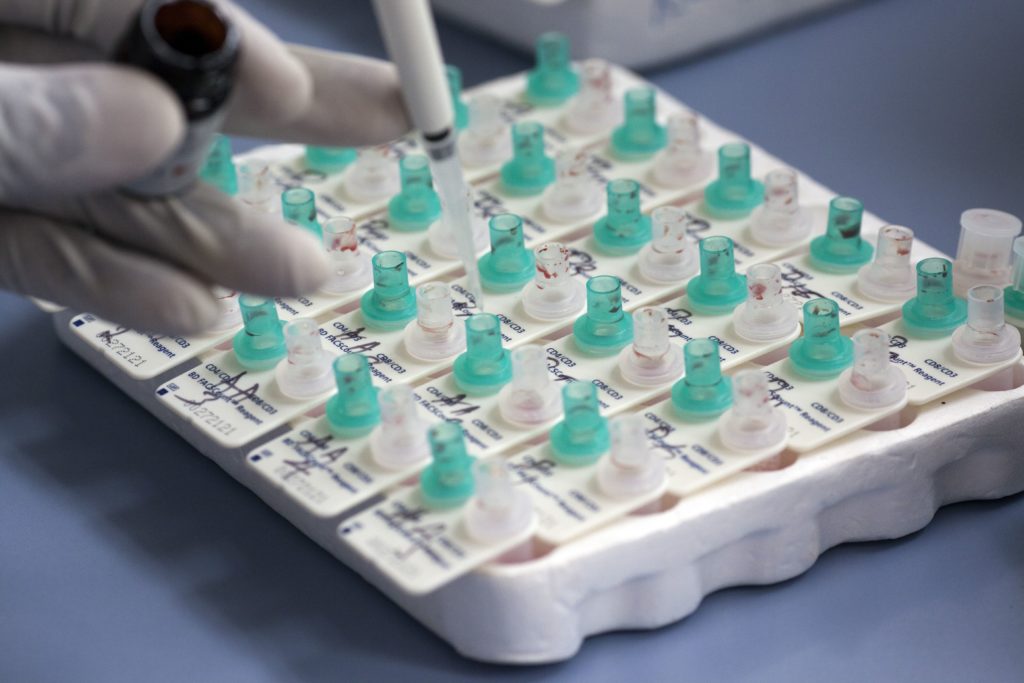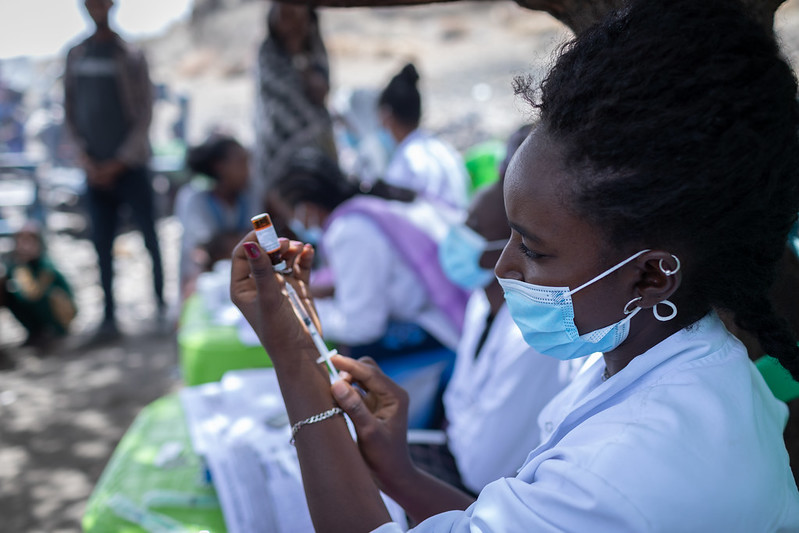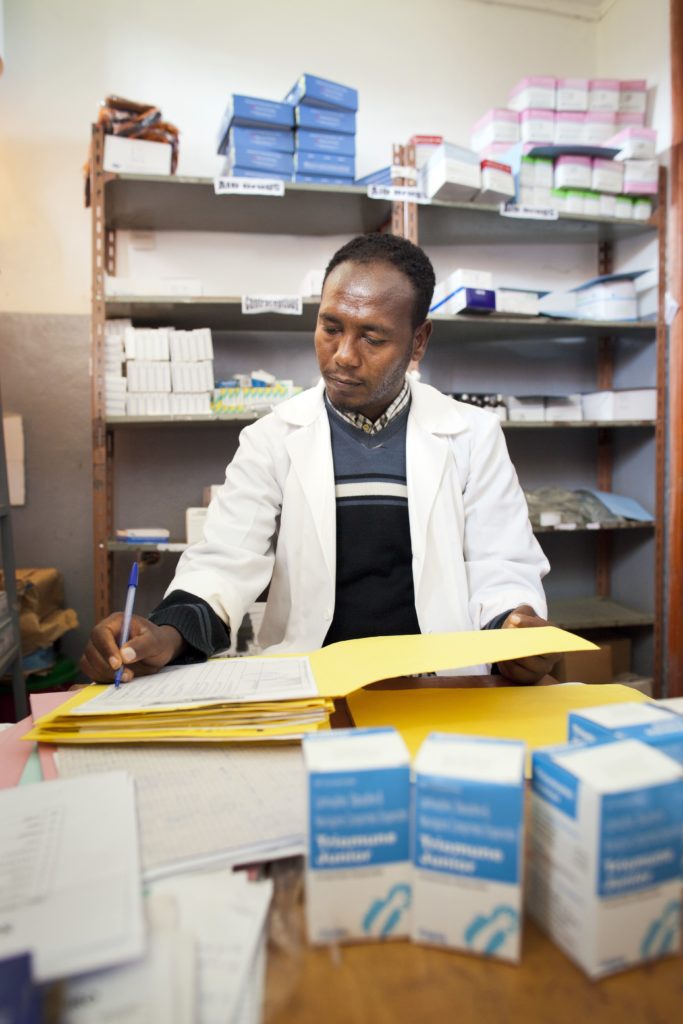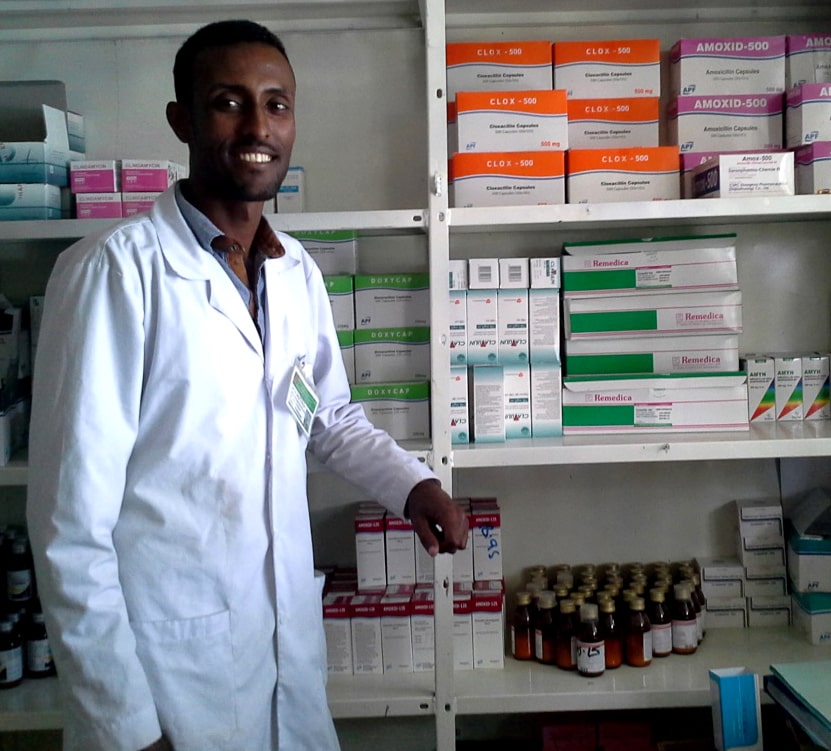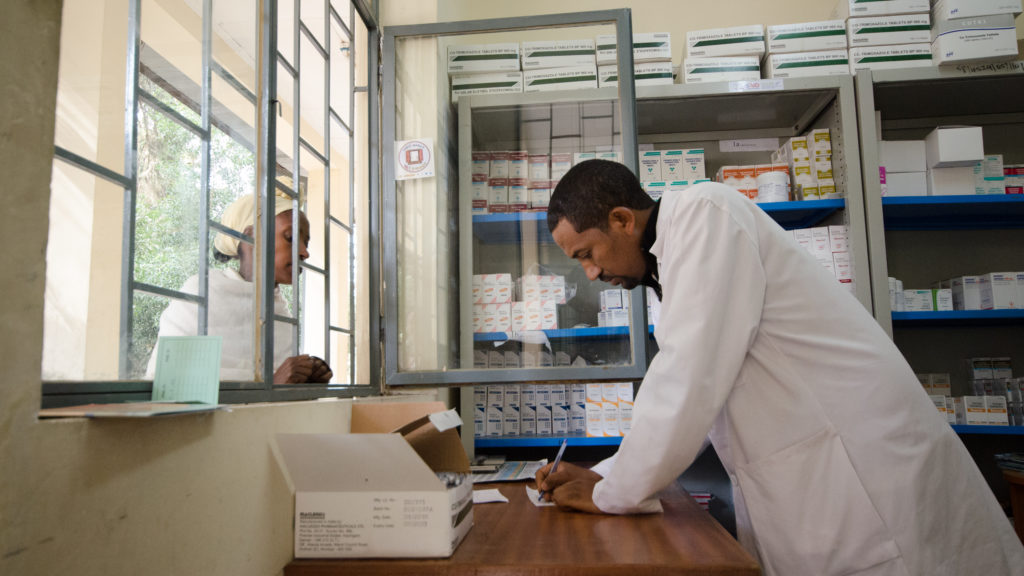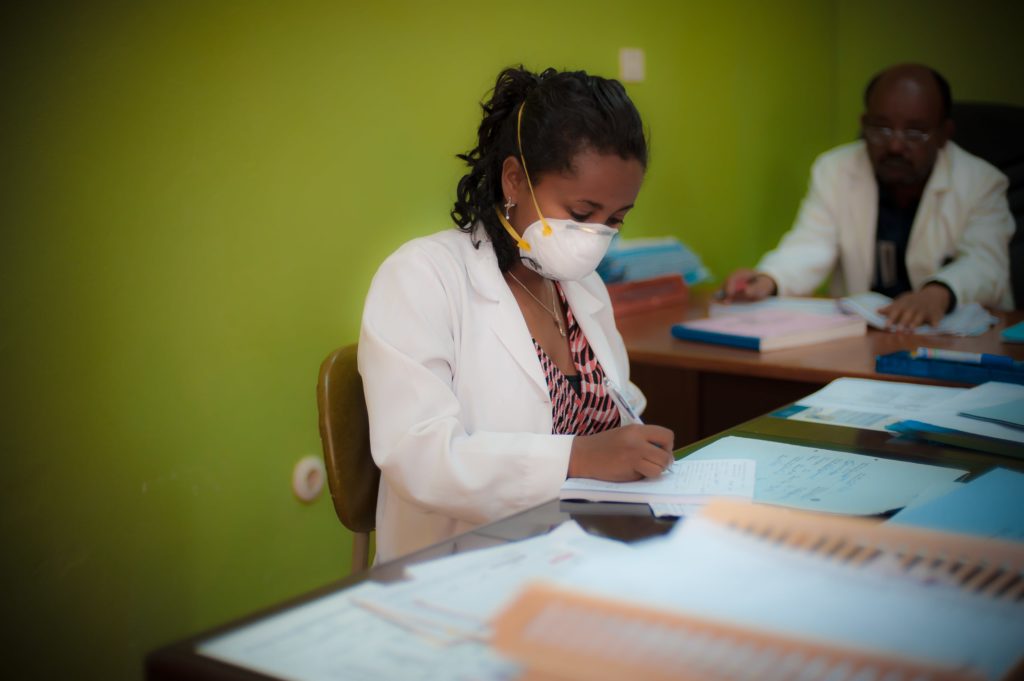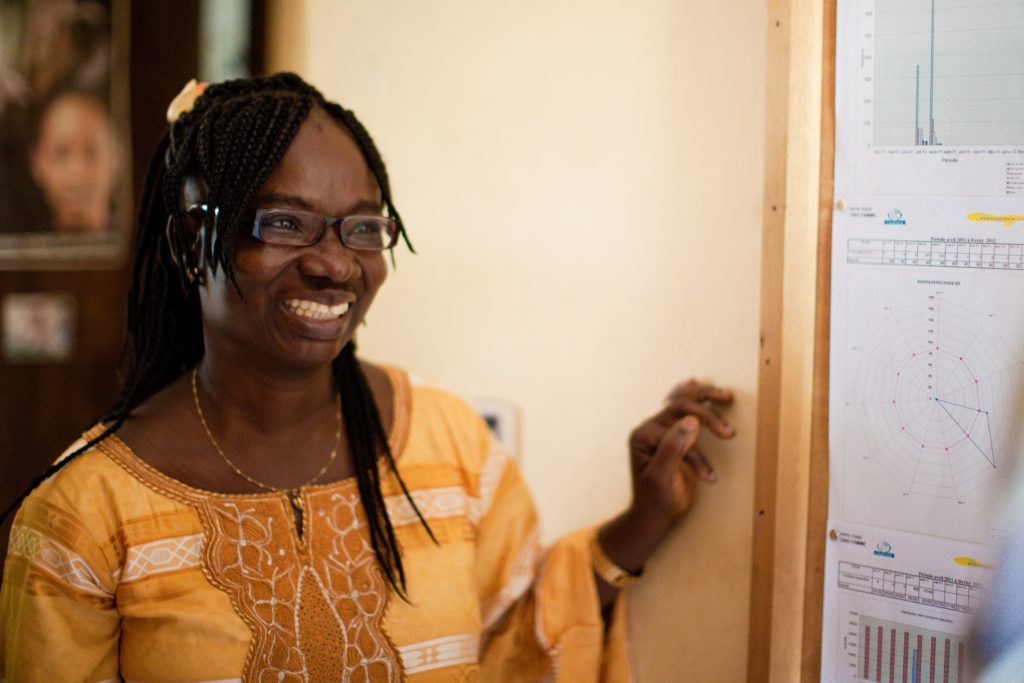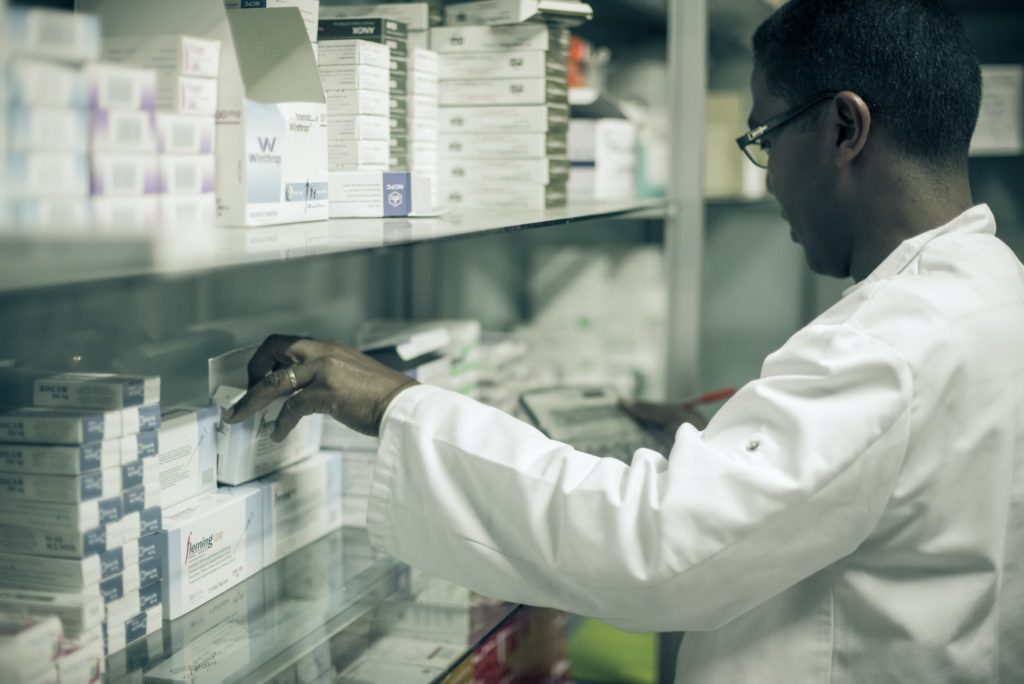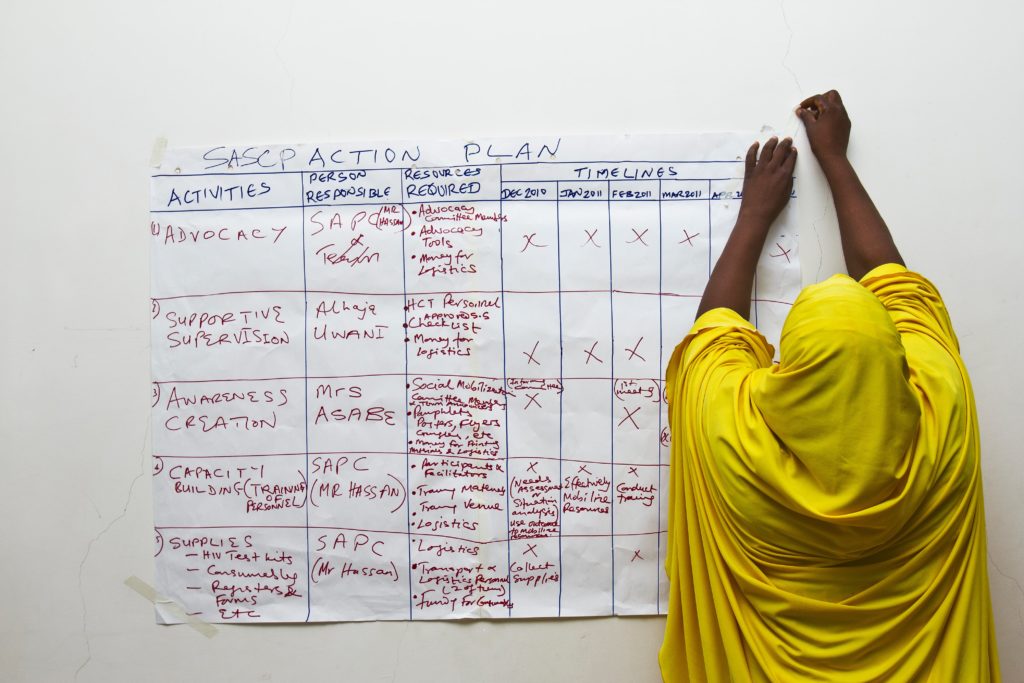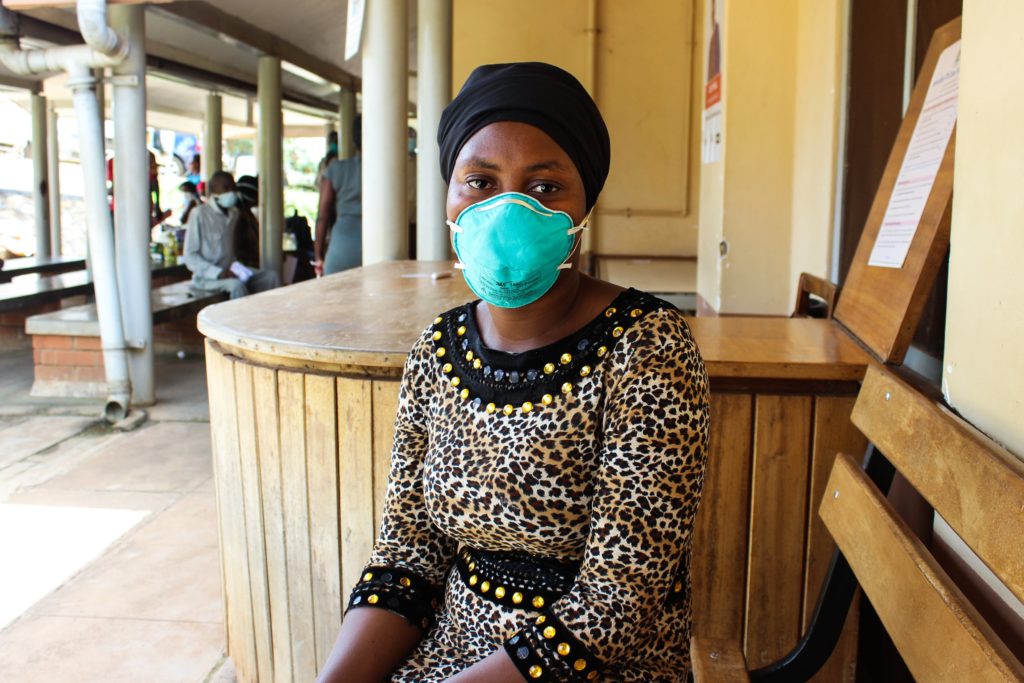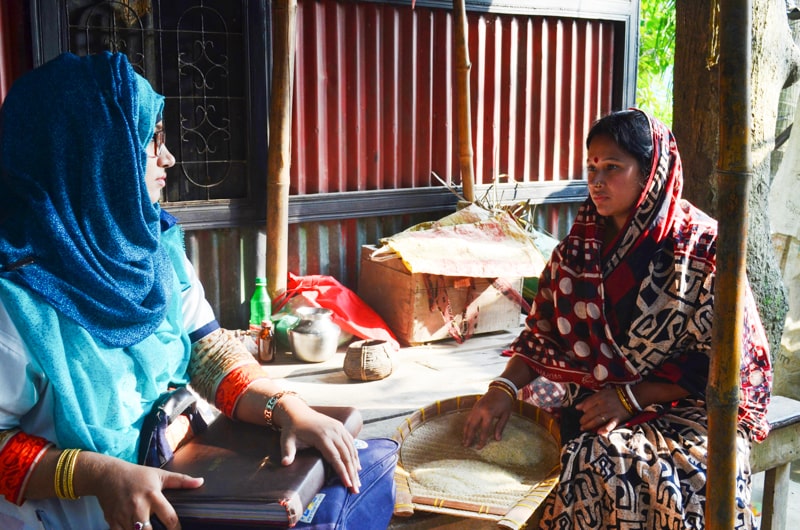Ethiopia
Ethiopia
Since the early 2000s, we have worked with Ethiopia’s Ministry of Health and local governments to empower leaders, train pharmacy workers, help health facilities select and procure medicines more cost effectively, and design information systems that support evidence-based decision making. Our programs help strengthen the capacity of local governments, institutions, and communities to combat HIV and TB, improve emergency preparedness and response plans, and provide access to safe, quality medicines and pharmaceutical services.
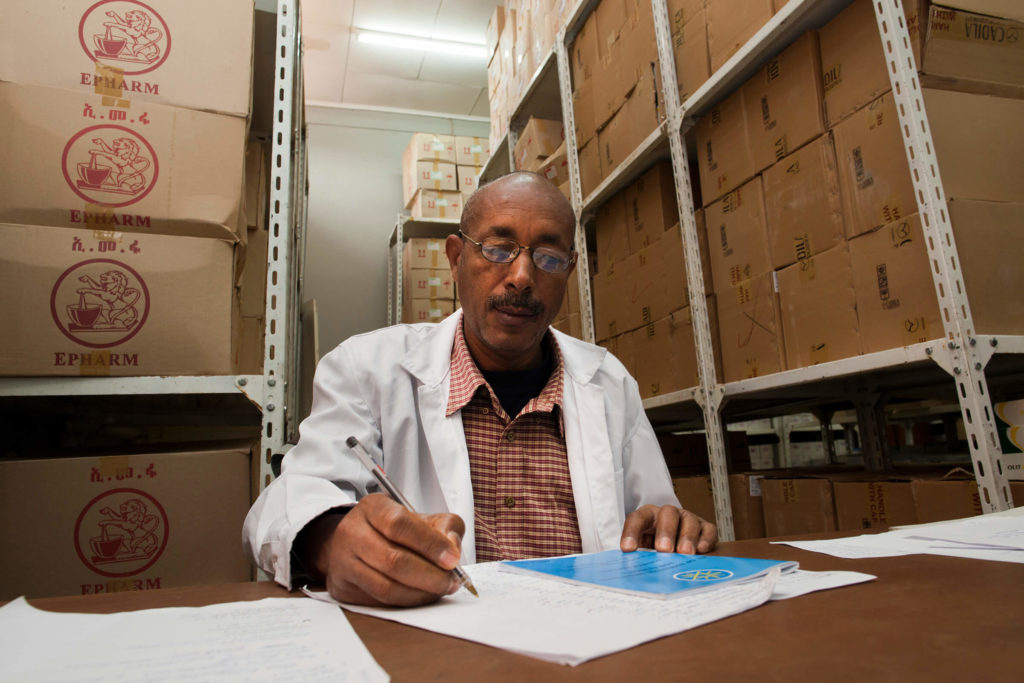
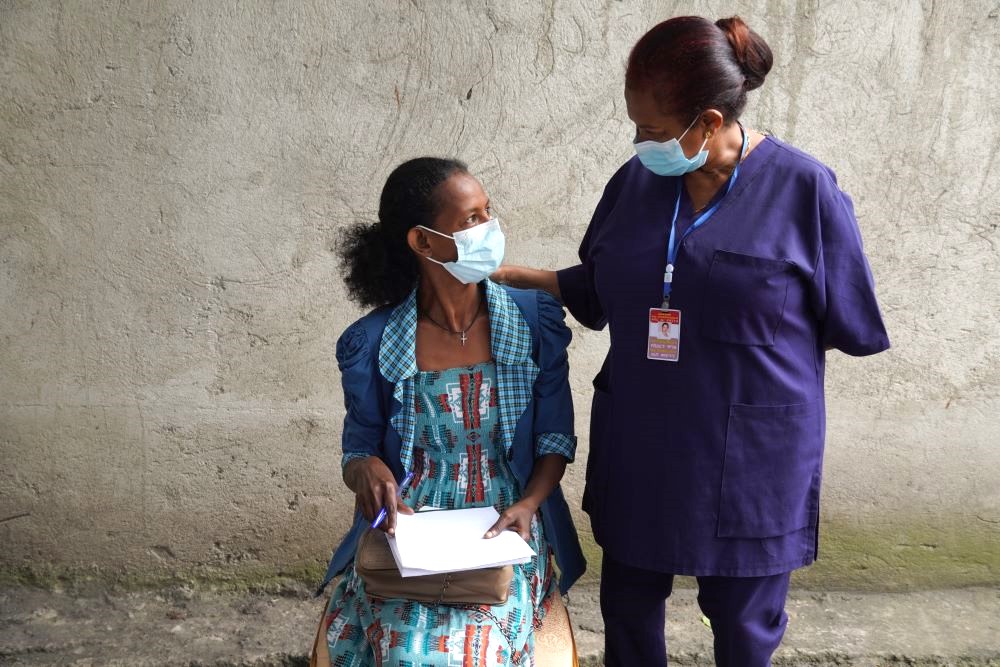
Eliminating TB in Ethiopia: One Woman’s Journey Back to Health
The USAID Eliminate TB Project is helping reduce TB incidence and mortality in Ethiopia. Here we share a glimpse into what it’s like for people to seek care and for those who provide it at a partner health facility.
Overview
In Ethiopia, our activities have focused on mitigating the impact of infectious diseases and public health emergencies as well as strengthening the medical supply chain to help the country achieve universal health coverage. With support from USAID, we worked with Ethiopia’s Ministry of Health (MOH) to make quality TB services accessible to 55 million people—more than half the country’s population—including the most marginalized groups, such as miners, truck drivers, and sex workers. We’ve implemented programs that integrate HIV services into antenatal care and labor and delivery by training health providers and providing supportive supervision, quality improvement strategies, and mentorship. By building the capacity of health centers to care for children with HIV and to trace those previously missed by the system, our programs more than doubled the number of HIV-positive children receiving treatment.
We supported the introduction of clinical pharmacy services in Ethiopia, developed a national strategy to prevent and contain antimicrobial resistance, and introduced systems to support patient-centered pharmacy services. Our work has continued to address critical health workforce challenges, including building competency; bolstering management and regulatory skills; and promoting evidence-based planning and decision making, particularly during emergencies such as COVID-19. By supporting all levels of the health system—from the MOH to local facilities and communities—we are also helping the country develop a sustainable supply chain management system that will ensure reliable access to medicines and health products.
Harnessing Innovative and Feasible Strategies to Optimize TB Case Finding: High-Load Health Facilities Initiative in Ethiopia
The “High-Load Health Facilities Initiative” in Ethiopia focuses on optimizing tuberculosis (TB) case finding in response to the decline in TB incidence and the challenge of undetected cases. The initiative employs innovative screening tools, such as chest X-ray (CXR), to enhance clinician awareness and training, thereby improving TB detection and treatment coverage.
Strengthening Lab Capacity to Save Lives: How MSH is Helping Ethiopia Eliminate TB
A key component of the USAID Eliminate TB Project’s approach is working to increase access to early TB diagnosis and treatment for patients. To do so, the project focuses on expanding and improving laboratory services by providing state-of-the-art GeneXpert machines to health facilities throughout the country and training laboratory technicians on their use.
Job Opportunities in Ethiopia
Join us as we help solve the world’s public health challenges through innovation, dedication, and technical excellence. We are looking for talented, passionate people to join us—as employees, consultants, and interns—in advancing our mission to save lives and improve the health of the world’s poorest and most vulnerable people.

